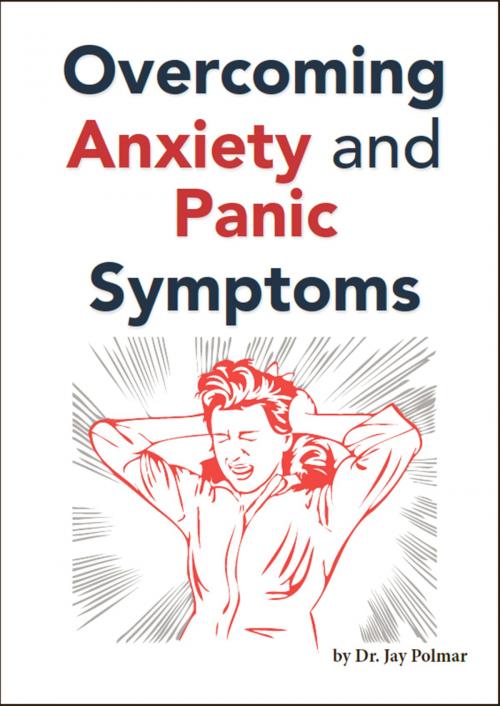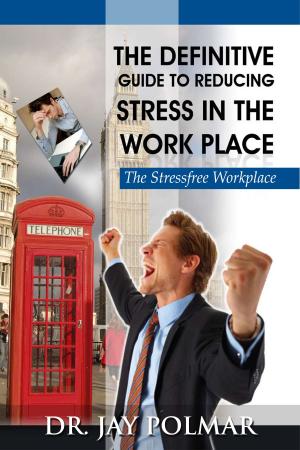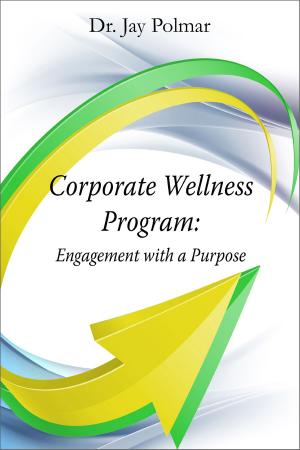Overcoming Anxiety and Panic Symptoms
Nonfiction, Health & Well Being, Psychology, Compulsive Behaviour, Mental Health| Author: | Dr. Jay Polmar | ISBN: | 9781310325090 |
| Publisher: | Dr. Jay Polmar | Publication: | October 9, 2014 |
| Imprint: | Smashwords Edition | Language: | English |
| Author: | Dr. Jay Polmar |
| ISBN: | 9781310325090 |
| Publisher: | Dr. Jay Polmar |
| Publication: | October 9, 2014 |
| Imprint: | Smashwords Edition |
| Language: | English |
When we suffer from any form of behavioural health problems, such as anxiety, addiction or depression, much of our activities are targeted at avoiding negative feelings. This, generally, causes more problems than it solves as, when we try avoiding “unwanted” feelings, we simply create an extra dose of suffering for ourselves. In fact, almost every addiction known to humanity begins as an attempt to either avoid or get rid of “unwanted” thoughts and feelings (i.e. boredom, loneliness, anxiety, depression, etcetera). Addictive behavior then becomes self-sustaining, as it provides a quick and easy way to get rid of withdrawal symptoms or cravings. If most of your time and energy are spent trying to avoid or rid yourself of unwanted feelings, you are much more likely, in the long term, to suffer psychologically. Anxiety disorders provide, perhaps, the best example.
Recovery from Anxiety Disorders involves being willing to think about anxiety and our thoughts, feelings and behaviours in new, more objective ways. Although people with Anxiety disorders generally realize that their anxiety is causing them and others real problems, many of them may believe deep down that worry and anxiety are actually helpful.
And, as long as you deeply believe that anxiety or worry will help or be useful in some way, you’re going to keep worrying.
Therefore, it’s important to ackowledge and reframe any beliefs you might have about the usefulness of anxiety, or any behaviors that adapt to your anxious thoughts, feelings and beliefs.
We therefore give you tools and audios to help you with this process of quieting your fears, becoming more positive, intuitive and confident.
When we suffer from any form of behavioural health problems, such as anxiety, addiction or depression, much of our activities are targeted at avoiding negative feelings. This, generally, causes more problems than it solves as, when we try avoiding “unwanted” feelings, we simply create an extra dose of suffering for ourselves. In fact, almost every addiction known to humanity begins as an attempt to either avoid or get rid of “unwanted” thoughts and feelings (i.e. boredom, loneliness, anxiety, depression, etcetera). Addictive behavior then becomes self-sustaining, as it provides a quick and easy way to get rid of withdrawal symptoms or cravings. If most of your time and energy are spent trying to avoid or rid yourself of unwanted feelings, you are much more likely, in the long term, to suffer psychologically. Anxiety disorders provide, perhaps, the best example.
Recovery from Anxiety Disorders involves being willing to think about anxiety and our thoughts, feelings and behaviours in new, more objective ways. Although people with Anxiety disorders generally realize that their anxiety is causing them and others real problems, many of them may believe deep down that worry and anxiety are actually helpful.
And, as long as you deeply believe that anxiety or worry will help or be useful in some way, you’re going to keep worrying.
Therefore, it’s important to ackowledge and reframe any beliefs you might have about the usefulness of anxiety, or any behaviors that adapt to your anxious thoughts, feelings and beliefs.
We therefore give you tools and audios to help you with this process of quieting your fears, becoming more positive, intuitive and confident.















